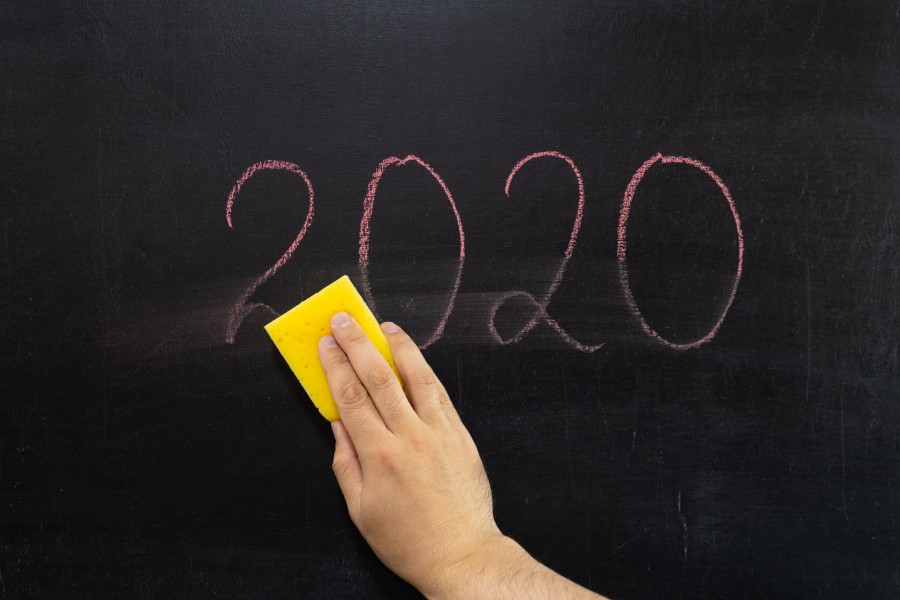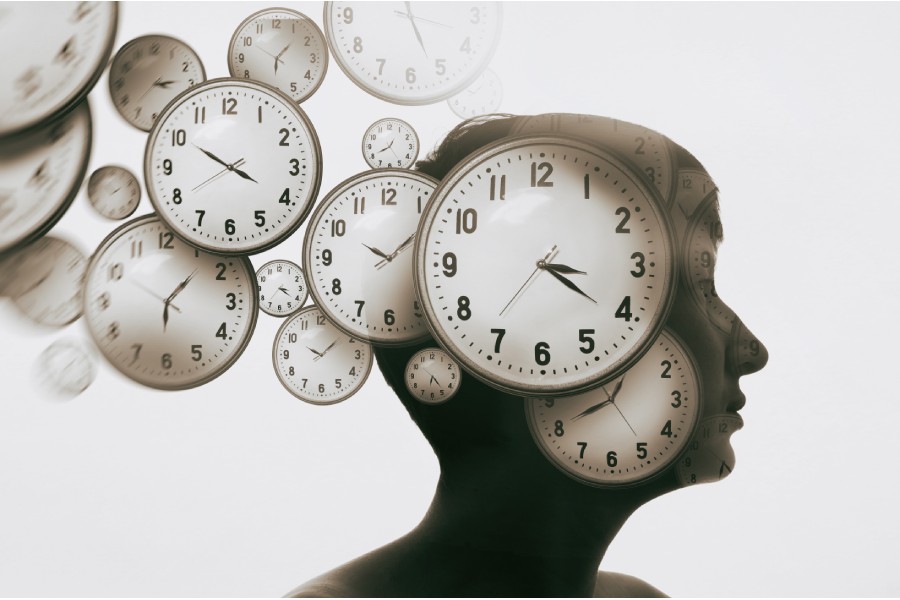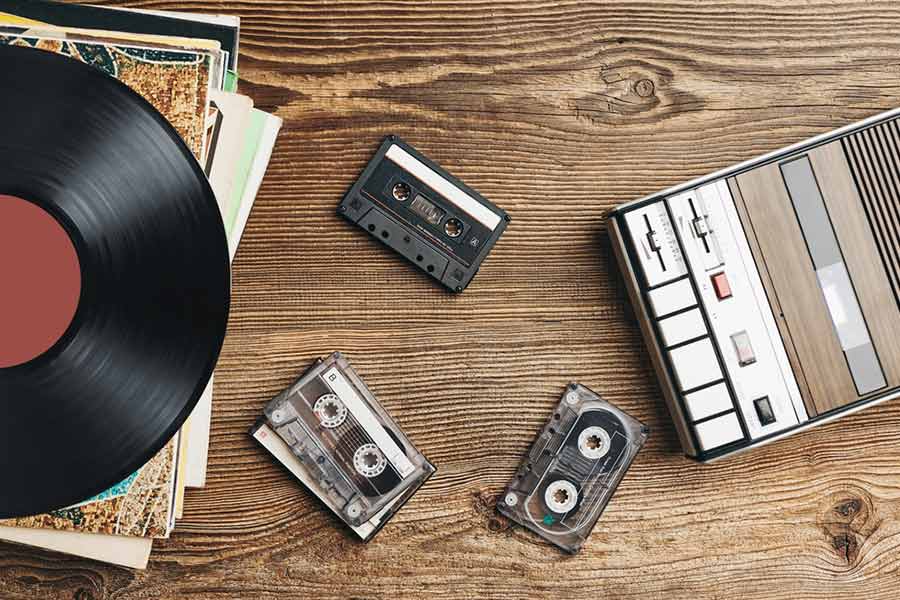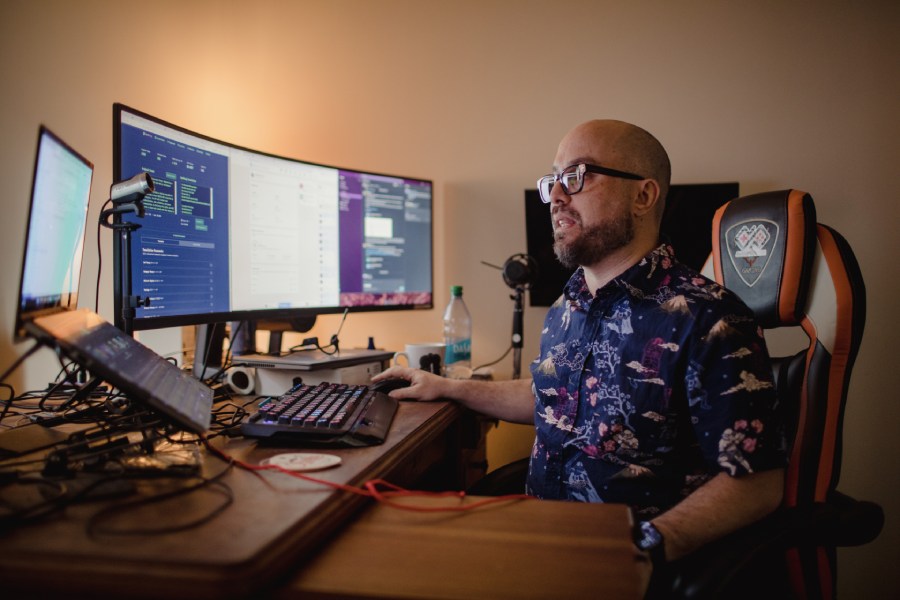Great, another Covid article! I am sure that’s what you were thinking when you saw the headline (trust me, I had a similar thought when I was about to write it). I’ll tell you why I still chose to. That is as good a way to start as any. I was trying to back up some photos on my hard drive and the years 2021, 2022 and 2023 seemed so close. They technically were, but even accounting for that, time seemed to have just blitzed by during that period. My clients often say the same thing. So, why do people feel like that?
Has time sped up? Or have we?
I think most of us would agree that living through Covid and lockdowns has warped our sense of time. Covid led to a consistent experience for a vast majority of people over a period of time — something that is called an ‘event boundary’ in memory science. An event boundary is a break between continuous experiences that helps structure how events are stored in long-term memory. Our perception of time depends on event boundaries.
This would explain why we have collectively and unconsciously written off 2020 as a year. The start of the pandemic was a survey event — no one in the world had experienced anything like that — and therefore we created a starting boundary at that time. The increased connectivity let us know what was happening in the rest of the world. We were dividing time between following the toilet roll fights in the US and our family WhatsApp groups.

Our perception of time depends on event boundaries. This would explain why we have collectively and unconsciously written off 2020 as a year Shutterstock
The main reason for that was that the lockdowns were both scary and mundane. Very mundane. There were big changes to how we lived — work patterns, daily life and entertainment options were upended — but most of us ended up living similar lives over the next few months. We were all restricted to a limited amount of space and each day was nearly the same as any other day. Now, when our days feel the same, we feel like time is passing slowly. And even if this continues for a long period, our brain lumps the time together. This is what happened during the Covid restrictions, when most of us were doing almost nothing or repetitive things over a long stretch of time.
When the Covid scare subsided — the next event boundary — we went back fairly quickly to doing multiple things at once. As a result, we triggered the telescoping effect, which is a temporary displacement that makes people think of events as being more remote than they are. A lot of research has shown that if you look back in time and can remember having done a lot of things in a period of time, you will feel like that period has passed rapidly. What has made our current telescoping effect more potent is the Covid period that preceded it.
A client summed it up best. “Sahen, I often feel like I am doing nothing and getting nowhere, and get scared. But when I do something, I also get scared, because then I feel like I will run out of time to do what I want,” he told me, providing a perfect illustration of our funny relationship with time.
Only slowing down solves nothing

Our experience of time and memory are so intrinsically linked that we know deep inside that we lose information as time passes Shutterstock
I would love to will time into slowing down. And I am not alone. Who wouldn’t give an arm and a leg for a simple slowdown mechanism! But the best we can do is create that illusion. My secret to creating that illusion is flights without Wifi. Time seems to slow down on such flights, especially if they are longish (I have had to fly 62,000km this year, so I had occasion to ponder on this!), and change how people normally behave. For many fliers, the period mid-flight is populated only by the wait for the next meal, the next movie or the next nap.
I simply cannot speed up time on flights, just as I fail miserably to slow down time in other spheres of life. I think that is partly because we cannot turn off what we see. With our information sources now active 24x7, we are privy to other people living ‘perfect lives’ on social media and are constantly creating ‘what if’ loops in our brain that force us to go back in time and re-evaluate our own successes and failures. It is not great art that triggers us now, but the lives of others, set to repetitive reel music.
At least a part of slowing down time is about forgetting. If you look at your photos from five years ago, you would have to make an effort to remember the circumstances under which they were taken and the little details. And the more effort we have to make to recreate what was real ‘back then’, the more we will feel that time has passed… and passed slowly. Our experience of time and memory are so intrinsically linked that we know deep inside that we lose information as time passes. What we fail to remember is often interpreted by the brain as something that happened a long time ago.
Guess, sometimes, we can all benefit from slowing down. So that we can forget a bit more… and remember a bit better.
Dr Sahen Gupta is a Kolkata-born, India- and UK-based psychologist who divides his time between mental health support and high-performance coaching. As the founder of Discovery Sport & Performance Lab, he works not only with Olympians and other top-level sportspersons, but also with CEOs and other professionals striving for excellence. Dr Gupta’s mission is to simplify complexities of the mind into actionable and simple ‘doables’ that allow individuals to be mentally fit.













